Home>Articles>How Long Can Frozen Chicken Last In The Freezer
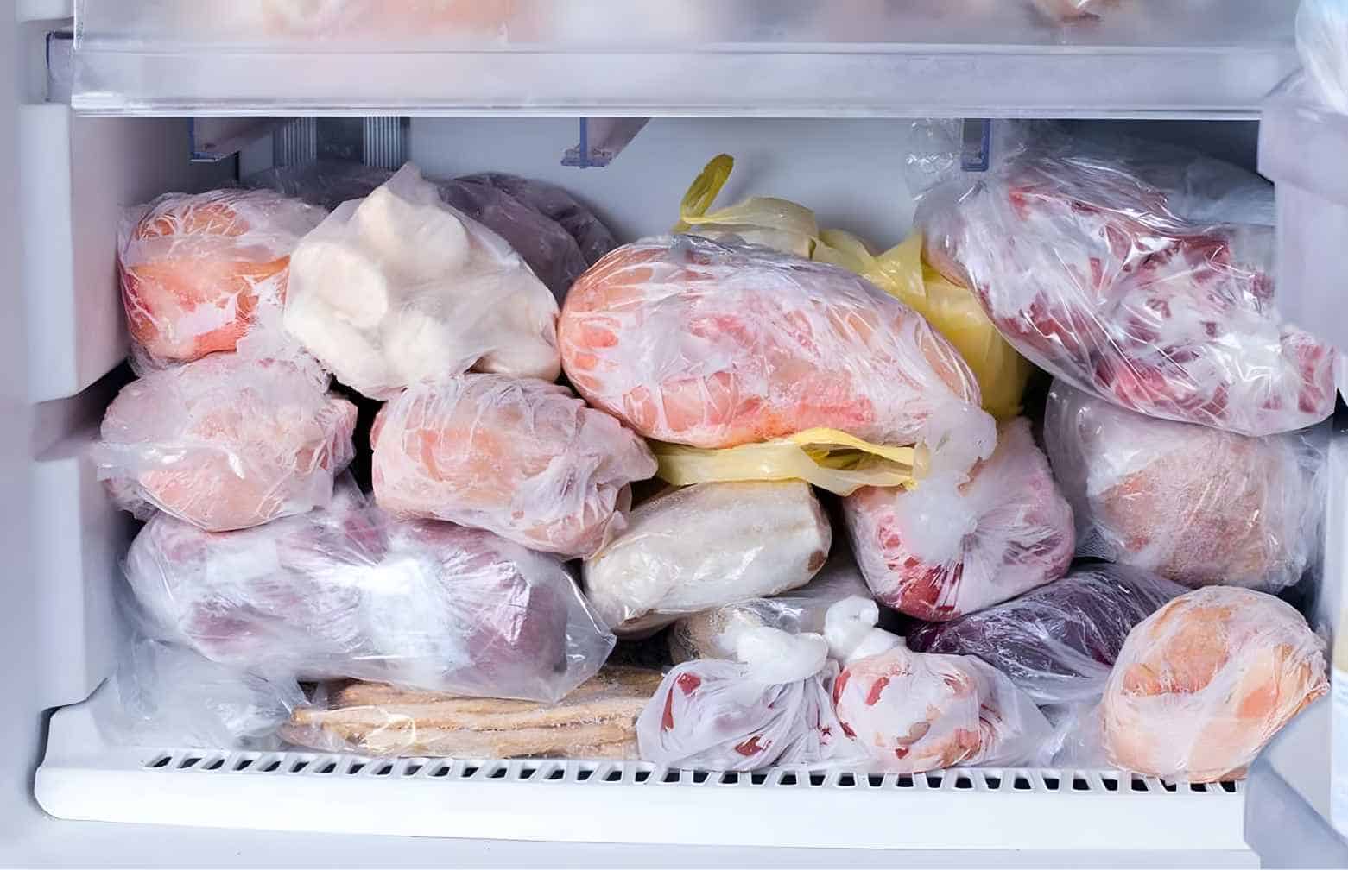

Articles
How Long Can Frozen Chicken Last In The Freezer
Modified: January 20, 2024
Learn the articles on how long frozen chicken can last in the freezer. Find out the ideal storage time and tips for maintaining quality.
(Many of the links in this article redirect to a specific reviewed product. Your purchase of these products through affiliate links helps to generate commission for Storables.com, at no extra cost. Learn more)
How Long Can Frozen Chicken Last In The Freezer
When it comes to storing food, the freezer is an essential tool for preserving freshness and extending the shelf life of various perishable items. One popular item frequently stored in the freezer is chicken. Whether you have leftover cooked chicken or raw chicken that you want to keep for future use, knowing how long frozen chicken can last in the freezer is crucial for maintaining food safety and quality.
Understanding the storage times for frozen chicken can help you plan your meals and reduce food waste. The shelf life of frozen chicken may vary depending on several factors, including the type of chicken, packaging, and freezer conditions. Let’s take a closer look at these factors to get a better understanding of how long frozen chicken can last.
Read more: How Long Can Chicken Last In Freezer
Factors Affecting Frozen Chicken Shelf Life
The shelf life of frozen chicken can be influenced by various factors. Here are a few key factors that play a role:
- Type of Chicken: Different cuts of chicken, such as whole chickens, chicken breasts, or chicken thighs, may have different freezing and storage times.
- Packaging: Proper packaging plays a crucial role in maintaining the quality of frozen chicken. Using airtight containers, freezer bags, or vacuum-sealed packaging can help protect the chicken from moisture and freezer burn.
- Freezer Temperature: The temperature of your freezer is crucial for preserving the quality and safety of frozen chicken. It is recommended to keep your freezer at or below 0°F (-18°C).
Recommended Freezer Temperatures for Chicken Storage
To ensure optimal quality and safety, it is important to store frozen chicken at the correct freezer temperature. The recommended temperature for a freezer is 0°F (-18°C) or below. Temperatures above this can lead to a decrease in the chicken’s quality and increase the risk of bacterial growth.
It is essential to regularly check the temperature of your freezer using a thermometer to ensure it stays consistently at the recommended level.
Proper Packaging Techniques for Frozen Chicken
Proper packaging is crucial for preserving the quality of frozen chicken. Here are some tips for packaging chicken for long-term freezer storage:
- Wrap the chicken tightly in plastic wrap to prevent exposure to air.
- Place the wrapped chicken in a resealable freezer bag, squeezing out as much air as possible before sealing.
- If available, consider using a vacuum sealer to remove all air and create an airtight seal.
- Label the packaging with the date of freezing to track the chicken’s storage time.
Signs of Freezer Burn on Frozen Chicken
Freezer burn can occur when frozen food is exposed to air. It can cause changes in texture, color, and flavor, leading to a decrease in quality. When it comes to frozen chicken, some signs of freezer burn to look out for include:
- Dry, discolored patches on the surface of the chicken
- Formation of ice crystals
- Unpleasant or off-flavors
If you notice these signs, it is best to discard the freezer-burned chicken as it may affect the taste and texture of your dish.
Safe Defrosting Methods for Frozen Chicken
When you’re ready to use frozen chicken, it is important to thaw it safely to avoid any potential food safety risks. Here are a few safe thawing methods:
How Long Can Frozen Chicken Last In The Freezer
When it comes to storing food, the freezer is an essential tool for preserving freshness and extending the shelf life of various perishable items. One popular item frequently stored in the freezer is chicken. Whether you have leftover cooked chicken or raw chicken that you want to keep for future use, knowing how long frozen chicken can last in the freezer is crucial for maintaining food safety and quality.
Understanding the storage times for frozen chicken can help you plan your meals and reduce food waste. The shelf life of frozen chicken may vary depending on several factors, including the type of chicken, packaging, and freezer conditions. Let’s take a closer look at these factors to get a better understanding of how long frozen chicken can last.
The shelf life of frozen chicken can be influenced by various factors. Different cuts of chicken, such as whole chickens, chicken breasts, or chicken thighs, may have different freezing and storage times. Proper packaging plays a crucial role in maintaining the quality of frozen chicken. Using airtight containers, freezer bags, or vacuum-sealed packaging can help protect the chicken from moisture and freezer burn. Additionally, the temperature of your freezer is crucial for preserving the quality and safety of frozen chicken. It is recommended to keep your freezer at or below 0°F (-18°C).
To ensure optimal quality and safety, it is important to store frozen chicken at the correct freezer temperature. The recommended temperature for a freezer is 0°F (-18°C) or below. Temperatures above this can lead to a decrease in the chicken’s quality and increase the risk of bacterial growth. Regularly checking the temperature of your freezer using a thermometer is essential to ensure it stays consistently at the recommended level.
Proper packaging is crucial for preserving the quality of frozen chicken. Wrapping the chicken tightly in plastic wrap and placing it in a resealable freezer bag, squeezing out as much air as possible, can help protect it from freezer burn. If available, using a vacuum sealer to remove all air and create an airtight seal is an excellent option. Don’t forget to label the packaging with the date of freezing to track the chicken’s storage time.
When it comes to frozen chicken, freezer burn can occur when the chicken is exposed to air. This can cause changes in texture, color, and flavor, leading to a decrease in quality. Some signs of freezer burn to look out for include dry, discolored patches on the surface of the chicken, the formation of ice crystals, and unpleasant or off-flavors. If you notice these signs, it is best to discard the freezer-burned chicken as it may affect the taste and texture of your dish.
When you’re ready to use frozen chicken, it is important to thaw it safely. Safe thawing methods include thawing the chicken in the refrigerator, using the microwave, or using the cold-water method. Avoid thawing chicken at room temperature, as it can increase the risk of bacterial growth.
Now that you have a better understanding of the factors that affect the shelf life of frozen chicken and the recommended storage and thawing methods, you can confidently store and use frozen chicken with knowledge of how long it can last in the freezer. By following proper storage techniques and ensuring optimal freezer conditions, you can enjoy quality, delicious chicken whenever you’re ready to cook it.
How Long Can Frozen Chicken Last In The Freezer
Understanding Storage Times for Frozen Chicken
When it comes to storing chicken in the freezer, it’s essential to understand the storage times to ensure that your chicken remains safe and retains its quality. The storage time for frozen chicken depends on several factors, such as the type of chicken, packaging method, and freezer conditions.
The type of chicken can significantly impact its storage time. Whole chickens generally have a longer shelf life in the freezer compared to chicken parts, such as breasts or thighs. Whole chickens can stay frozen for up to a year, while chicken parts are typically recommended to be consumed within six to nine months.
Proper packaging is crucial to maintain the quality of frozen chicken. The goal is to protect the chicken from exposure to air and moisture to prevent freezer burn. Freezer burn occurs when the chicken loses moisture and becomes dehydrated, resulting in dry, discolored patches on the surface.
Airtight containers, freezer bags, or vacuum-sealed packaging are ideal for freezing chicken. By removing as much excess air as possible before sealing, you can further minimize the risk of freezer burn. It’s essential to label the packaging with the date of freezing to easily keep track of how long the chicken has been stored.
Another factor that affects the storage time of frozen chicken is the temperature of the freezer. It is crucial to maintain a consistent temperature of 0°F (-18°C) or below to ensure the chicken remains safe and of high quality. Fluctuating temperatures can cause the chicken to thaw and refreeze partially, compromising its texture and taste.
It’s important to note that while frozen chicken remains safe to eat indefinitely if stored properly, its quality can deteriorate over time. As the storage duration increases, the texture and flavor of the chicken may deteriorate, even if it remains safe to consume.
To ensure the best quality, it is recommended to consume frozen chicken within a reasonable time frame. This helps to maintain the optimal taste and texture of the chicken when cooked. By adhering to the recommended storage times, you can enjoy flavorful and tender chicken from your freezer.
Understanding the storage times for frozen chicken is essential for planning meals, reducing food waste, and ensuring food safety. By taking into account the type of chicken, proper packaging methods, freezer temperatures, and recommended storage durations, you can make the most of your frozen chicken while maintaining its quality and taste.
Next, let’s explore the various factors that can affect the shelf life of frozen chicken and how to package it properly to ensure its longevity and quality.
How Long Can Frozen Chicken Last In The Freezer
Read more: How Long Can Chicken Last In Freezer
Factors Affecting Frozen Chicken Shelf Life
The shelf life of frozen chicken can be influenced by several factors. Understanding these factors can help you store your frozen chicken properly and maximize its shelf life.
1. Type of Chicken: Different cuts of chicken, such as whole chickens, chicken breasts, or chicken thighs, have varying freezing and storage times. Whole chickens generally have a longer shelf life in the freezer compared to individual cuts. This is because bone-in chicken tends to retain its quality better during freezing.
2. Packaging: Proper packaging plays a crucial role in maintaining the quality of frozen chicken. The packaging should be airtight to prevent exposure to air and moisture, which can lead to freezer burn. Consider using airtight containers, freezer bags, or vacuum-sealed packaging to protect the chicken from freezer burn. Make sure to remove excess air from the packaging to minimize the risk further.
3. Freezer Temperature: The temperature of your freezer is vital for preserving the quality and safety of frozen chicken. It is recommended to keep your freezer at or below 0°F (-18°C). Warmer temperatures can cause the chicken to thaw partially, leading to a loss in quality. Consistently maintaining the correct freezer temperature is essential to ensure that the chicken remains safe and maintains its texture and taste.
4. Duration of Storage: The length of time frozen chicken can be stored varies depending on the factors mentioned above. While properly stored frozen chicken is safe to eat indefinitely, its quality tends to deteriorate over time. It is recommended to consume frozen chicken within a specific timeframe to ensure the best taste and texture. Whole chickens can be stored for up to a year, while chicken parts are typically best used within six to nine months.
5. Handling and Defrosting Methods: How you handle and defrost frozen chicken can also affect its shelf life. Avoid thawing chicken at room temperature, as this can promote bacterial growth. Instead, thaw chicken in the refrigerator, using the microwave, or using the cold-water method. Safe thawing practices help maintain the chicken’s quality and reduce the risk of foodborne illness.
By considering these factors, you can maximize the shelf life of your frozen chicken and ensure that it remains safe and of high quality. Properly packaging the chicken, maintaining the correct freezer temperature, and adhering to recommended storage times can help you enjoy delicious and safe chicken for an extended period.
Next, let’s explore the ideal freezer temperatures for chicken storage and learn proper packaging techniques to prolong the shelf life of frozen chicken.
How Long Can Frozen Chicken Last In The Freezer
Recommended Freezer Temperatures for Chicken Storage
Proper freezer temperatures are crucial for maintaining the quality and safety of frozen chicken. Storing chicken at the correct freezer temperature helps to prevent bacterial growth and ensure that the chicken remains safe to consume. The recommended freezer temperature for chicken storage is 0°F (-18°C) or below.
Keeping your freezer at or below 0°F (-18°C) is essential because it inhibits the growth of bacteria that can cause foodborne illnesses. Freezing the chicken at such low temperatures helps to preserve its texture, flavor, and nutritional value.
It is important to note that maintaining a consistent freezer temperature is key. Fluctuations in temperature can cause the chicken to thaw and refreeze partially, leading to a loss of quality. Temperature fluctuations can also increase the risk of bacterial growth, compromising the safety of the chicken.
Monitoring the temperature of your freezer is crucial to ensure it stays consistently at the recommended level. Use a thermometer specifically designed for freezers to regularly check the temperature and make any necessary adjustments to keep it within the safe range. By doing so, you can ensure that your frozen chicken remains of high quality and safe to eat.
Remember that freezer temperature is just one aspect of proper chicken storage. The type of chicken, packaging method, and storage duration also play key roles in maintaining the chicken’s quality. When all these factors are taken into consideration, you can enjoy the benefits of long-lasting, flavorful chicken from your freezer.
Now that you understand the recommended freezer temperature for chicken storage, let’s move on to learning about proper packaging techniques to ensure the best preservation of frozen chicken.
How Long Can Frozen Chicken Last In The Freezer
Proper Packaging Techniques for Frozen Chicken
Proper packaging is essential in preserving the quality and preventing freezer burn on frozen chicken. Effective packaging techniques help to seal in the chicken’s natural flavors and protect it from moisture and air exposure. Here are some tips for packaging frozen chicken properly:
- Wrap the Chicken: Start by wrapping the chicken tightly in plastic wrap. This step helps to create a barrier that prevents contact with air and minimizes the risk of freezer burn.
- Use Freezer Bags: Place the wrapped chicken in a resealable freezer bag. Freezer bags are thicker and more durable than regular storage bags, providing an extra layer of protection against moisture and air. Squeeze out as much air as possible before sealing the bag.
- Vacuum Sealing: If you have a vacuum sealer, consider using it to package your frozen chicken. Vacuum-sealed bags remove all excess air, creating an airtight seal that helps preserve the chicken’s texture and flavor. Vacuum sealing can significantly extend the shelf life of frozen chicken.
- Label the Packaging: To keep track of the storage time, always label the packaging with the date of freezing. This way, you can easily identify how long the chicken has been in the freezer and ensure you use it within the recommended storage duration.
When packaging frozen chicken, it is important to read the manufacturer’s instructions for any specific recommendations they provide for their product. Some chicken products may come with their own freezer-safe packaging, which can be convenient and effective.
Remember to package chicken in portion sizes that align with your cooking needs. Dividing the chicken into smaller portions allows for easier defrosting and reduces the need to thaw more chicken than necessary. It also helps to minimize the potential for food waste.
Proper packaging not only helps to maintain the quality of frozen chicken but also makes it easier to organize your freezer. Arrange the packaged chicken in a way that allows for efficient storage and easy access when needed.
By applying these proper packaging techniques, you can improve the quality and extend the shelf life of your frozen chicken. With carefully wrapped and sealed packaging, your chicken will be protected from freezer burn and remain delicious for long periods.
Next, let’s explore the signs of freezer burn on frozen chicken and the safe methods of defrosting for optimal results.
How Long Can Frozen Chicken Last In The Freezer
Signs of Freezer Burn on Frozen Chicken
Freezer burn is a common issue that can occur when frozen food, including chicken, is improperly stored. It happens when moisture within the chicken evaporates, leaving it dehydrated and exposed to air. Here are some signs to look out for to identify freezer burn on frozen chicken:
- Dry, Discolored Patches: One of the most noticeable signs of freezer burn is the presence of dry, discolored patches on the surface of the chicken. These patches may appear white, yellowish, or gray. They are often accompanied by a leathery or tough texture.
- Formation of Ice Crystals: Another indicator of freezer burn is the formation of ice crystals on the chicken. These crystals can appear as frost-like formations or spots on the surface. They are a result of moisture loss and can contribute to the texture changes in the chicken.
- Unpleasant or Off-Flavors: Freezer burn can also affect the flavor of frozen chicken. The chicken may develop a stale, rancid, or slightly off taste. This is due to the oxidative processes that occur as a result of exposure to air.
If you observe any of these signs on your frozen chicken, it is likely that it has experienced freezer burn. While freezer-burned chicken is generally safe to eat, it may have a compromised texture and flavor. Consuming freezer-burned chicken is a matter of personal preference. Some people choose to trim off the affected areas and cook the rest, while others prefer to discard the freezer-burned portions altogether.
To prevent freezer burn on your chicken, proper packaging is essential. Ensure that the chicken is wrapped tightly in plastic wrap, placed in airtight freezer bags, or vacuum-sealed to minimize air exposure. Removing as much air as possible from the packaging helps to maintain the chicken’s quality and reduce the risk of freezer burn.
By being vigilant and regularly inspecting your frozen chicken for any signs of freezer burn, you can take appropriate action and ensure the best quality when cooking and consuming your chicken.
Now that we understand the signs of freezer burn, let’s explore safe methods for defrosting frozen chicken to maintain its quality and ensure food safety.
How Long Can Frozen Chicken Last In The Freezer
Safe Defrosting Methods for Frozen Chicken
When it comes to thawing frozen chicken, it’s important to follow safe defrosting methods to ensure both food safety and the best quality of the chicken. Thawing chicken properly helps to minimize the risk of bacterial growth and maintains the chicken’s texture and flavor. Here are some safe methods for defrosting frozen chicken:
- Refrigerator Thawing: The most recommended method for thawing frozen chicken is in the refrigerator. Place the packaged chicken on a tray or in a shallow dish to catch any condensation. Allow the chicken to thaw slowly in the refrigerator at a temperature below 40°F (4°C). This method requires planning ahead as it usually takes several hours or even overnight, depending on the size of the chicken pieces.
- Microwave Thawing: If you need to thaw chicken more quickly, you can use the microwave. Follow the microwave manufacturer’s instructions for defrosting chicken and use the appropriate setting. Be cautious when using this method as uneven thawing can occur, leaving some parts of the chicken partially cooked while others are still frozen. It is recommended to cook the chicken immediately after microwave thawing to ensure it reaches a safe internal temperature.
- Cold-Water Thawing: If you need to thaw chicken rapidly, you can use the cold-water method. Place the frozen chicken in a leak-proof plastic bag, ensuring it is properly sealed. Submerge the bag in a bowl or sink filled with cold water. Change the water every 30 minutes to maintain a cold temperature. Small cuts of chicken, such as boneless breasts or thighs, may thaw within one to two hours using this method. Larger cuts or whole chickens may take longer.
It’s important to note that thawing chicken at room temperature is not recommended. This method promotes the growth of bacteria, which increases the risk of foodborne illness.
Once the chicken is thawed, it’s crucial to cook it promptly. Never refreeze raw chicken that has been thawed to avoid compromising its quality and safety.
By following these safe defrosting methods, you can thaw your frozen chicken properly and ensure both food safety and the best quality of the cooked chicken. Planning ahead for refrigerator thawing or using the microwave or cold-water methods when time is limited will help you enjoy delicious and safely prepared chicken.
Now that you know the safe defrosting methods, let’s move on to discussing best practices for cooking frozen chicken.
How Long Can Frozen Chicken Last In The Freezer
Best Practices for Cooking Frozen Chicken
Cooking frozen chicken requires some additional care and considerations compared to cooking thawed chicken. Here are some best practices to ensure that your frozen chicken is cooked safely and to perfection:
- Preheat and Adjust Cooking Time: When cooking frozen chicken, it’s important to preheat your oven or skillet to the appropriate temperature before placing the chicken in. Cooking times for frozen chicken tend to be longer than those for thawed chicken since the chicken is starting from a frozen state. Adjust the cooking time accordingly to ensure that the chicken reaches a safe internal temperature.
- Check Internal Temperature: Use a food thermometer to check the internal temperature of the chicken to ensure it is fully cooked. The safe minimum internal temperature for chicken is 165°F (74°C). Insert the thermometer into the thickest part of the chicken to get an accurate reading. The juices should run clear, and there should be no traces of pinkness.
- Avoid Overcooking: While it is crucial to cook frozen chicken thoroughly, be careful not to overcook it. Overcooking can lead to dry and tough chicken. Monitor the cooking process closely to prevent overcooking, especially with chicken breasts, as they tend to dry out quicker than other cuts.
- Flavor and Seasoning: Frozen chicken can sometimes lack some flavor since the freezing process can affect the taste. To enhance the flavor, consider marinating the chicken before cooking or adding flavorful herbs and spices during the cooking process.
- Use Appropriate Cooking Methods: The best cooking methods for frozen chicken include oven baking, stove-top pan-searing, and grilling. These methods allow for even heating and help retain the chicken’s moisture. Avoid deep-frying frozen chicken, as the high heat and direct oil contact can result in uneven cooking and potential splattering.
It’s important to note that cooking times may vary based on the type and size of the frozen chicken. Always refer to the packaging instructions or a reliable cooking chart for specific guidelines. Adapt the cooking time as needed to achieve the desired level of doneness and ensure food safety.
By following these best practices, you can cook your frozen chicken to perfection, ensuring that it is safe to eat and full of flavor. Proper cooking techniques not only ensure food safety but also result in delicious, juicy, and tender chicken.
Now that you’re equipped with the best practices for cooking frozen chicken, let’s explore tips for properly storing frozen chicken to maintain its quality and safety over time.
How Long Can Frozen Chicken Last In The Freezer
Tips for Properly Storing Frozen Chicken
Properly storing frozen chicken is key to maintaining its quality and ensuring that it remains safe to consume. Here are some helpful tips to keep in mind when storing your frozen chicken:
- Properly Package the Chicken: Ensure that your chicken is properly wrapped and sealed to minimize air and moisture exposure. Use airtight containers, freezer bags, or vacuum-sealed packaging to prevent freezer burn and maintain the chicken’s quality. Label the packaging with the date of freezing for easy tracking.
- Arrange and Organize: Arrange the frozen chicken in a way that allows for efficient storage and easy access. Keep it organized, with the oldest packages at the front for easy usage in a first-in, first-out (FIFO) manner. This helps prevent the chicken from becoming forgotten and getting freezer-burned due to long-term storage.
- Maintain Proper Freezer Temperature: Ensure that your freezer temperature stays consistently at or below 0°F (-18°C). Regularly monitor the freezer temperature using a thermometer to ensure it is within the recommended range. Fluctuating temperatures can affect the quality and safety of the frozen chicken.
- Separate Chicken from Other Foods: Store the frozen chicken away from other raw foods, especially those that are ready-to-eat, to prevent cross-contamination. Keep the chicken on a separate shelf or in a separate section of the freezer to minimize the risk of bacteria spreading to other items.
- Track Storage Duration: Keep track of how long the chicken has been in the freezer. Frozen chicken can remain safe to eat indefinitely, but its quality may deteriorate over time. Labeling and dating the packages can help you use the oldest chicken first and ensure it is consumed within the recommended storage duration.
- Avoid Frequent Thawing and Refreezing: To maintain the best quality, it is advisable to only thaw and refreeze chicken once. Frequent thawing and refreezing can lead to texture changes and potential loss of flavor. Plan your meals and portion the chicken before freezing to minimize the need for repeated thawing and refreezing.
By following these tips, you can properly store your frozen chicken, ensuring that it stays safe, maintains its quality, and remains delicious for future use.
Remember to practice good food safety habits when handling frozen chicken. Always wash your hands before and after handling raw chicken, and clean any utensils or surfaces that come into contact with raw chicken to avoid cross-contamination.
Now that you have these helpful tips for storing frozen chicken, you can confidently stock your freezer with delicious chicken and enjoy it whenever you’re ready to cook a tasty and nutritious meal.
With all this information in mind, you can now make the most of your frozen chicken by understanding its storage times, packaging it properly, avoiding freezer burn, thawing it safely, cooking it to perfection, and storing it correctly. Enjoy the convenience and versatility of frozen chicken while maintaining its quality and ensuring food safety.
Stay informed, follow best practices, and savor delicious meals with your properly stored frozen chicken.
How Long Can Frozen Chicken Last In The Freezer
Conclusion
Properly storing frozen chicken is essential for maintaining its quality, taste, and safety. By understanding the factors that can affect the shelf life of frozen chicken and following best practices, you can make the most of your freezer and enjoy delicious chicken whenever you need it.
Factors such as the type of chicken, packaging, freezer temperature, and storage duration play important roles in determining how long frozen chicken can last. Whole chickens generally have a longer shelf life compared to chicken parts, and proper packaging techniques, such as using airtight containers or freezer bags, help prevent freezer burn and maintain the chicken’s quality.
Keeping your freezer at or below 0°F (-18°C) ensures the chicken remains safe and preserves its texture and flavor. Regularly monitoring the freezer temperature is crucial to maintain optimal conditions for frozen chicken storage.
When it comes to thawing frozen chicken, it’s important to use safe methods, such as refrigerator thawing, microwave thawing, or the cold-water method. These methods help maintain food safety and prevent bacterial growth.
Cooking frozen chicken requires adjustments in cooking times and careful temperature monitoring. By following best practices, including preheating, checking the internal temperature, and avoiding overcooking, you can ensure that your frozen chicken is cooked safely and to perfection.
Proper storage techniques, such as proper packaging and organization, keeping track of storage duration, maintaining proper freezer temperature, and avoiding frequent thawing and refreezing, are essential for maximizing the shelf life of frozen chicken.
By taking these necessary steps, you can enjoy the convenience and versatility of frozen chicken while ensuring food safety and preserving its quality. Whether you’re using frozen chicken for quick weeknight meals or saving it for future occasions, proper storage practices will help you make the most of this freezer staple.
Remember to practice good food safety and hygiene habits throughout the process, including proper handwashing, separating raw chicken from other foods, and cleaning utensils and surfaces. These practices contribute to the overall safety and enjoyment of your meals.
Now that you have a comprehensive understanding of how long frozen chicken can last in the freezer and how to store it properly, you can confidently stock up on frozen chicken, minimize food waste, and enjoy delicious meals whenever you desire.
Make the most of your freezer, follow these guidelines, and savor the convenience and versatility of frozen chicken with confidence.
Frequently Asked Questions about How Long Can Frozen Chicken Last In The Freezer
Was this page helpful?
At Storables.com, we guarantee accurate and reliable information. Our content, validated by Expert Board Contributors, is crafted following stringent Editorial Policies. We're committed to providing you with well-researched, expert-backed insights for all your informational needs.

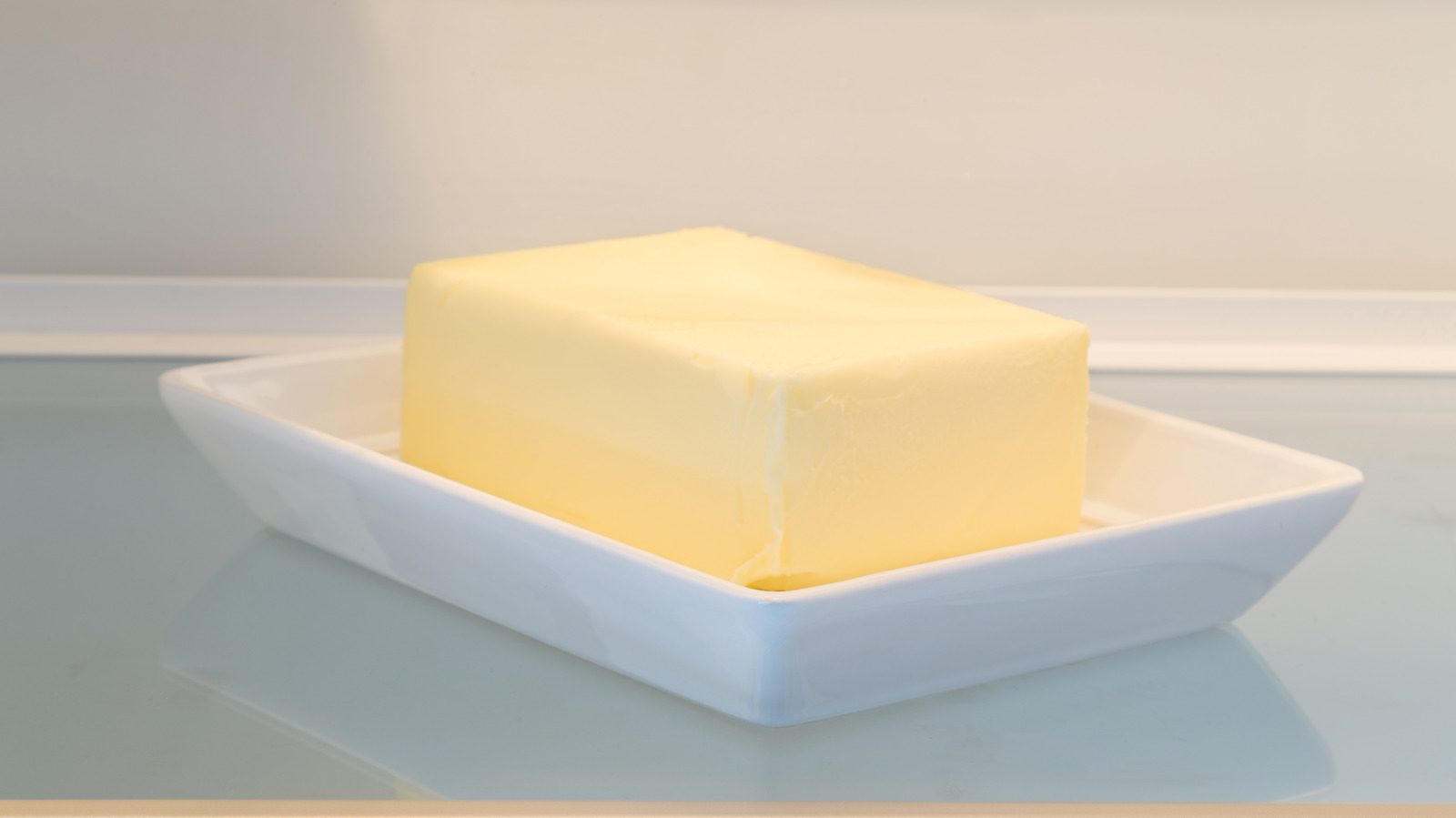
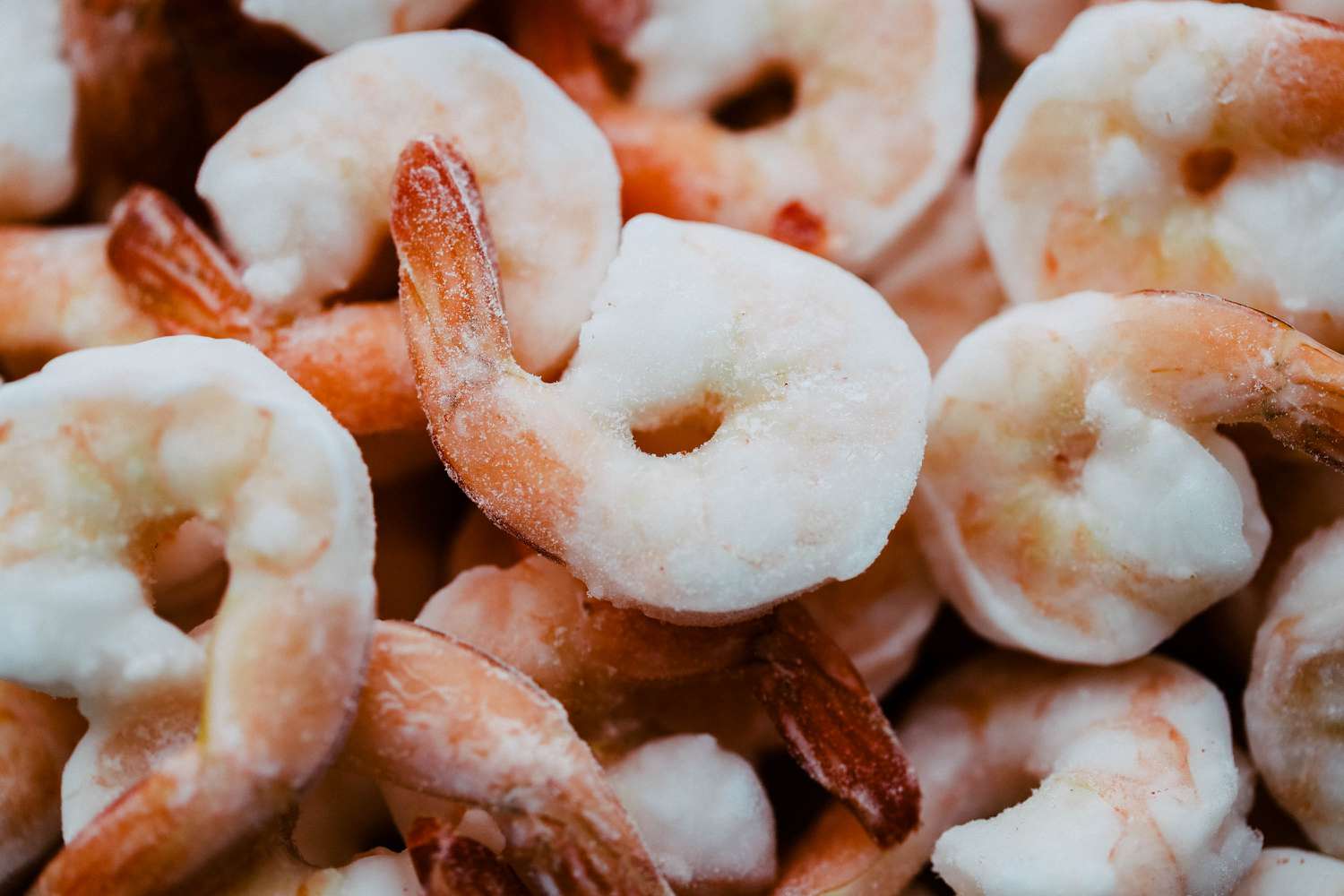
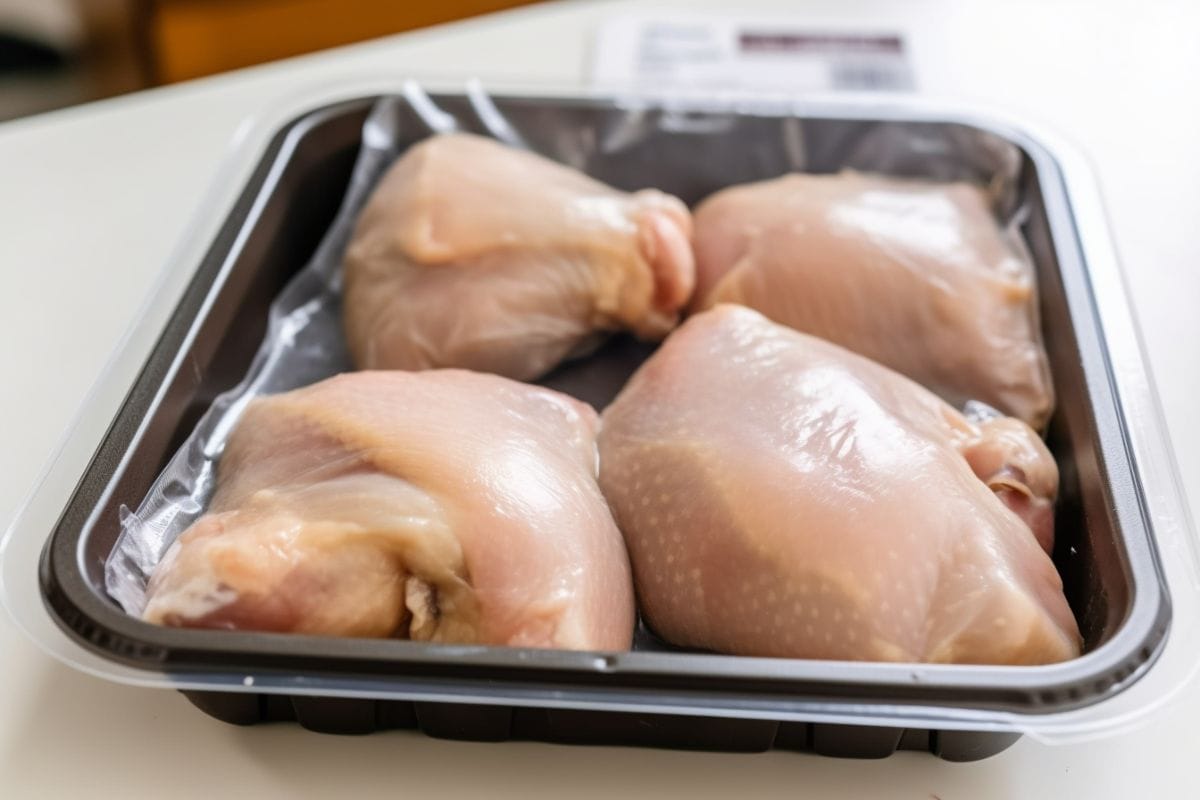
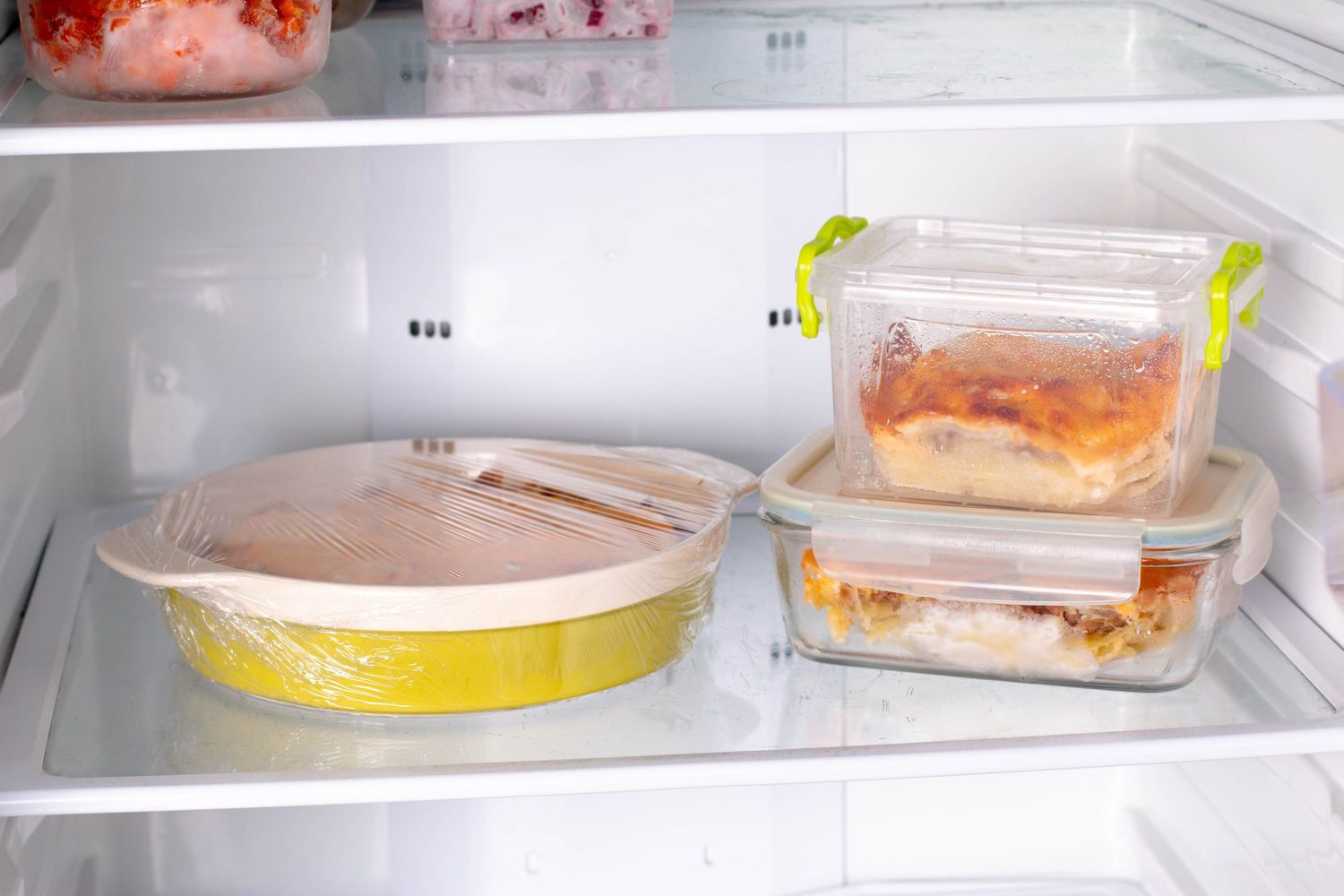

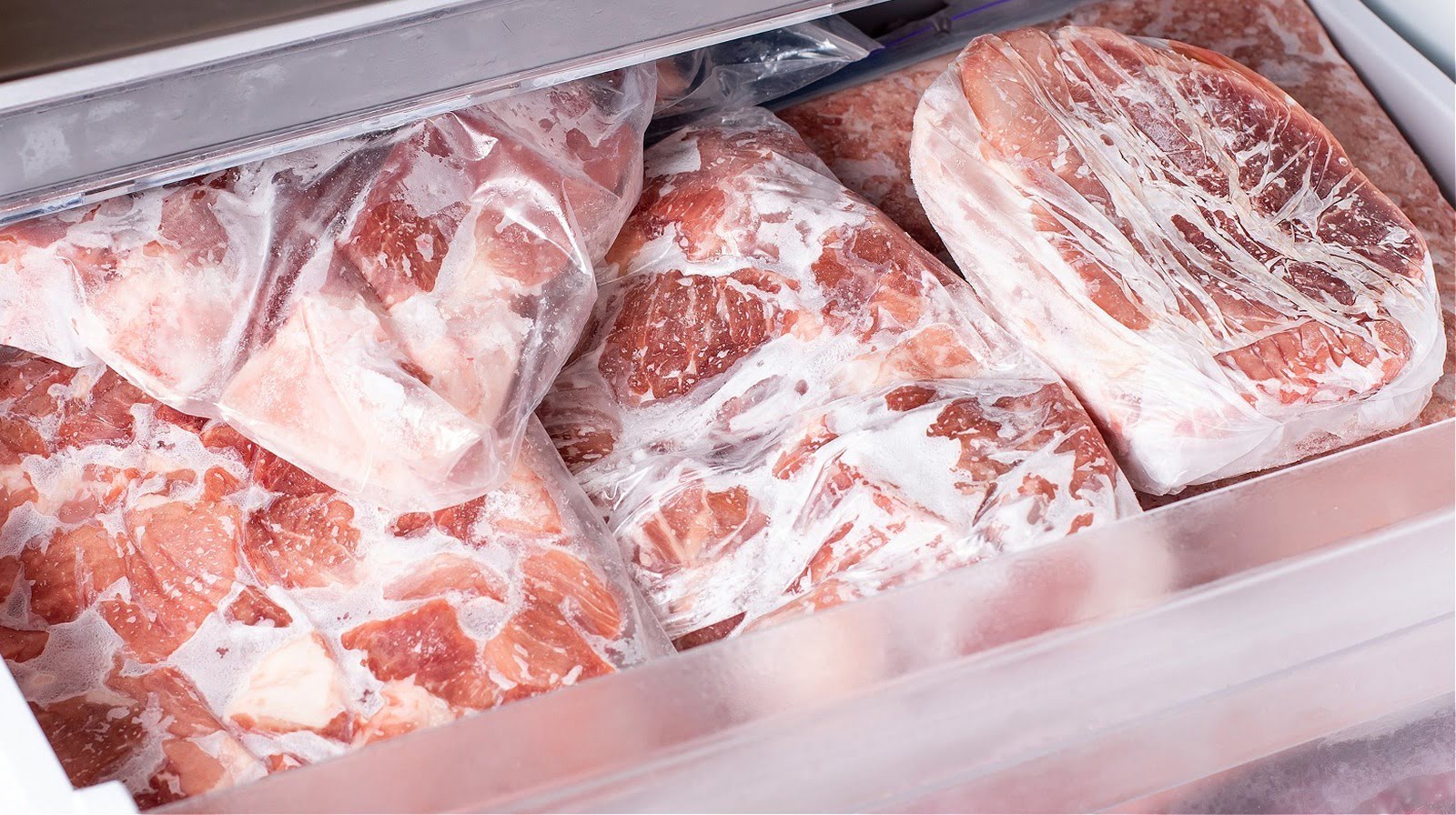
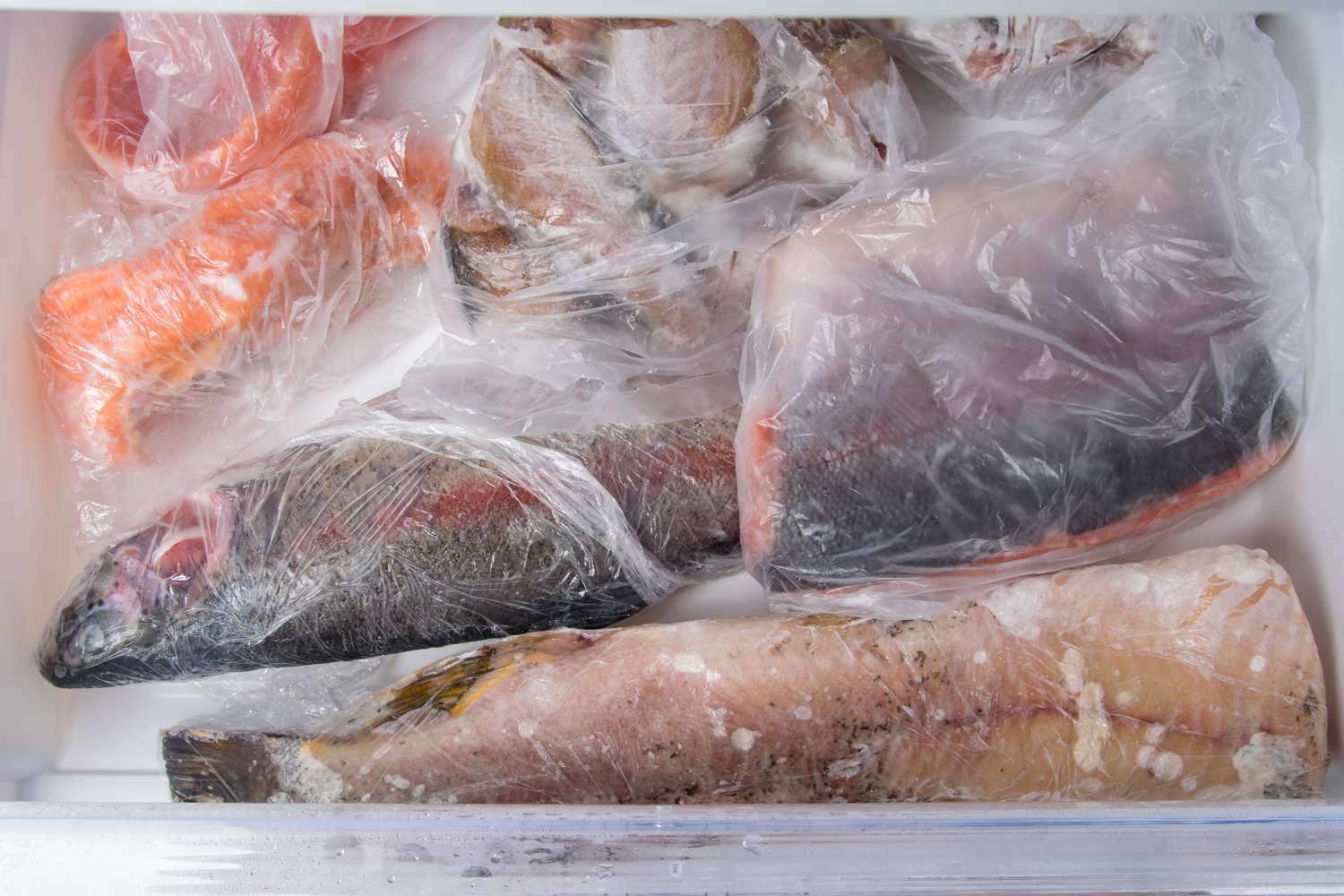
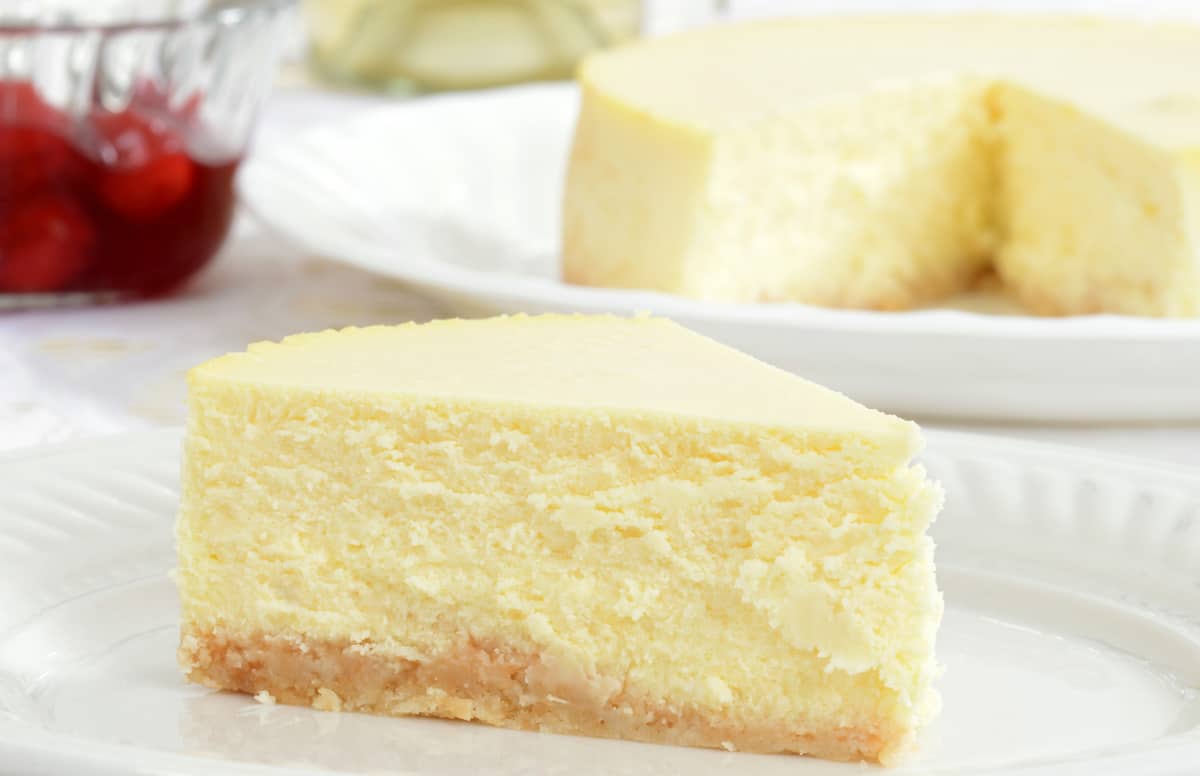
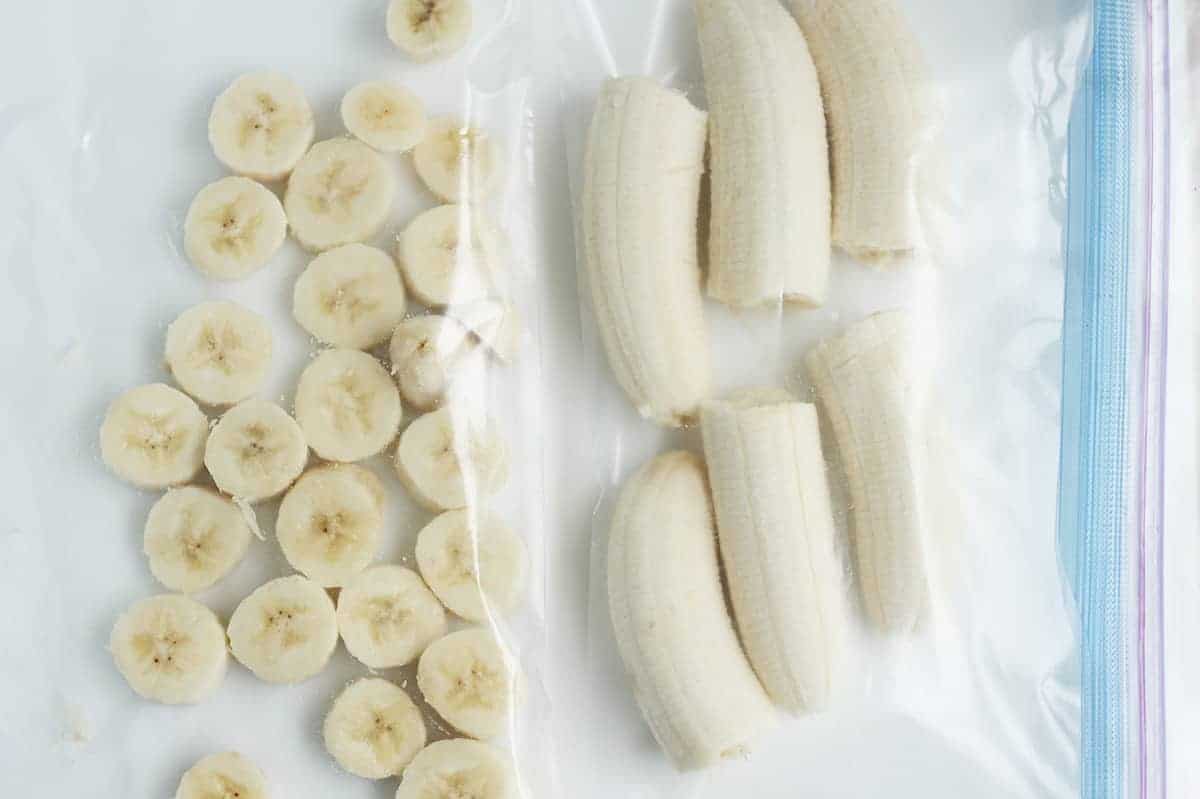

0 thoughts on “How Long Can Frozen Chicken Last In The Freezer”